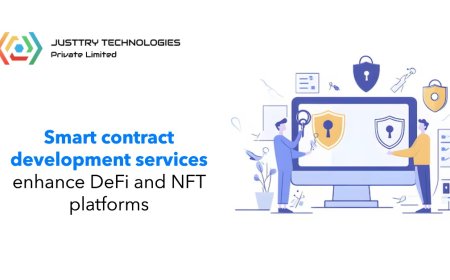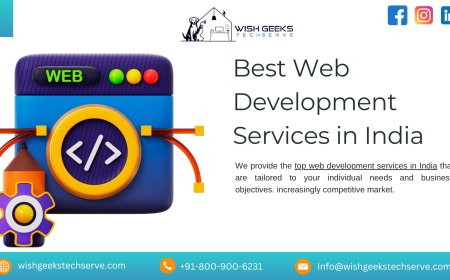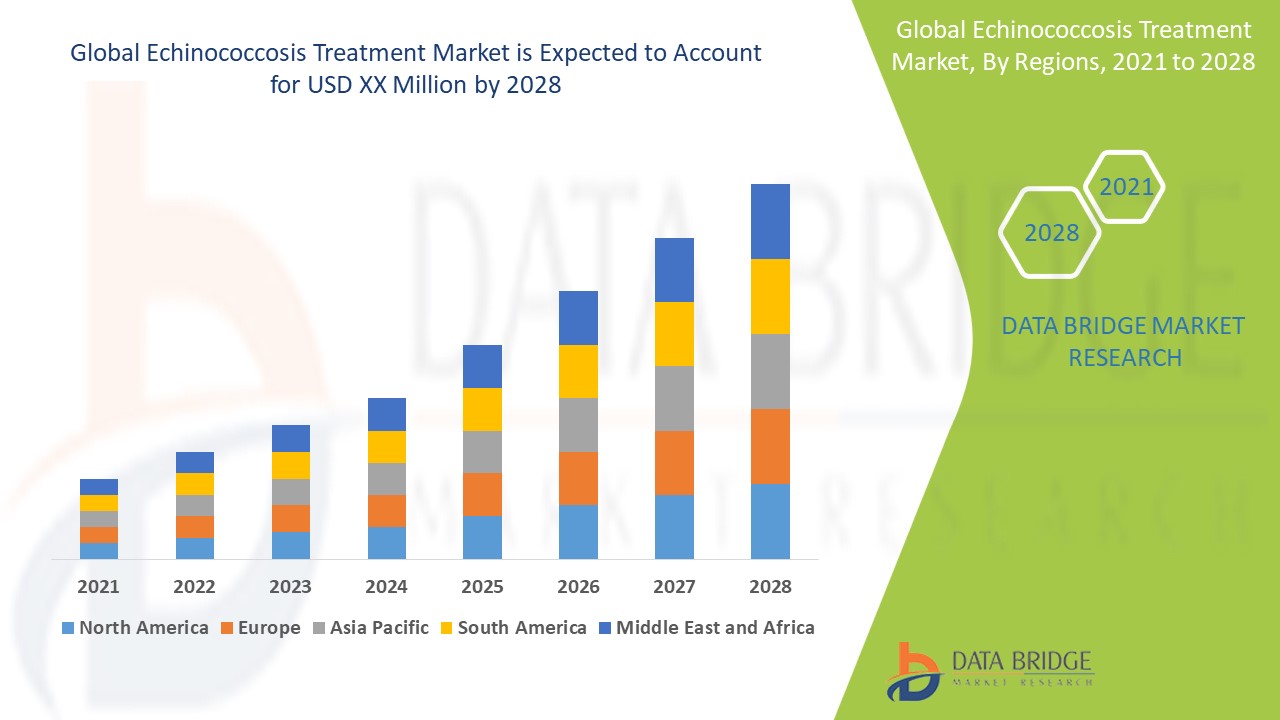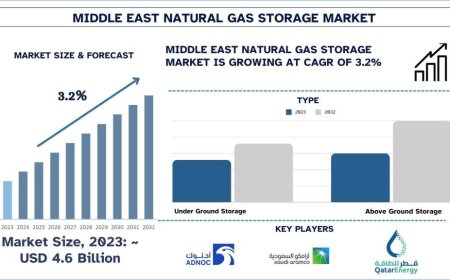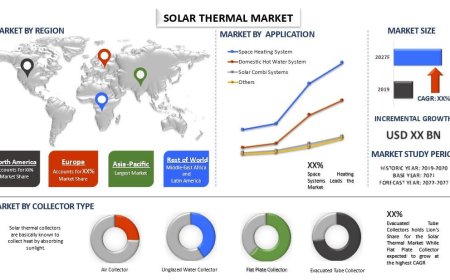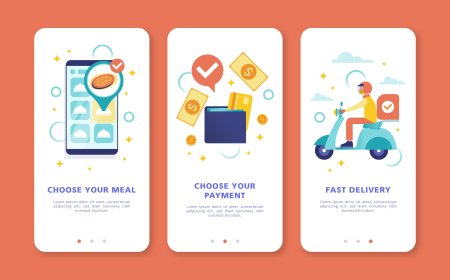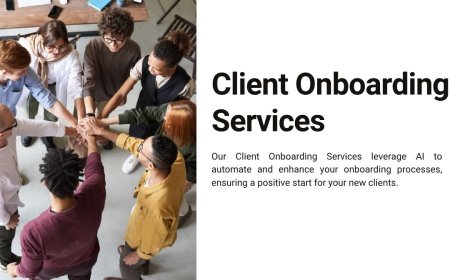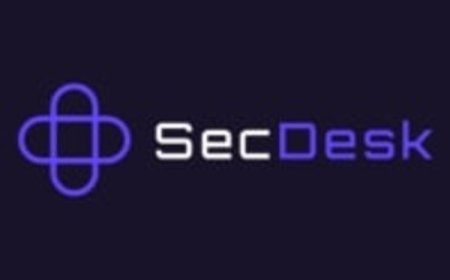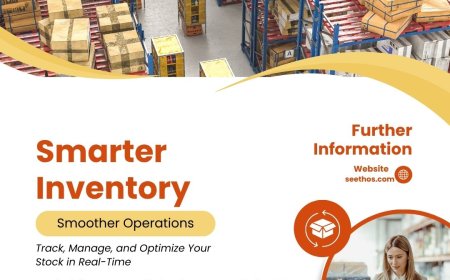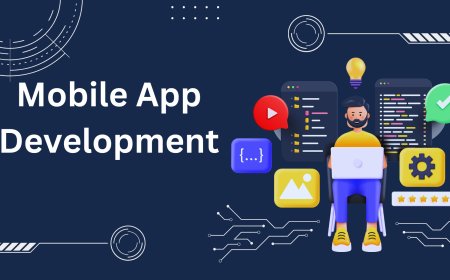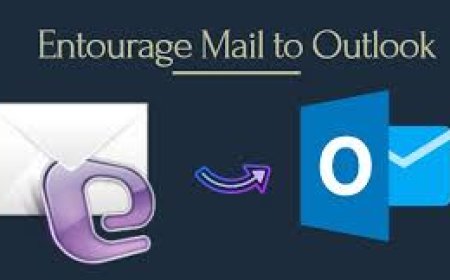How Healthcare Software Development Solutions Enhance Patient Engagement?
Discover how healthcare software development solutions enhance patient engagement with user-friendly tools, better access, and improved care coordination.

In todays fast-changing world, healthcare is no longer just about visiting doctors and getting treatments. It has evolved into a patient-centered approach where engagement plays a key role. Patient engagement means involving patients actively in their own healthcare decisions and management. Healthcare software development solutions are making this easier and better than ever before. These solutions help improve communication, provide easy access to health information, and encourage healthier habits. In this blog, we will explore how healthcare software development boosts patient engagement and why it is important for both patients and healthcare providers.
What is Patient Engagement and Why Does it Matter?
Patient engagement is all about patients being involved in their healthcare journey. It means patients understand their health conditions, communicate with their healthcare providers, and follow treatments properly. When patients are engaged, they take more responsibility for their health, leading to better health outcomes.
Why does it matter? Engaged patients are more likely to stick to medications, attend appointments, and make healthy lifestyle changes. This reduces hospital visits and saves costs for the healthcare system. Also, with better engagement, healthcare providers can deliver personalized care that fits each patients needs. In short, patient engagement leads to happier, healthier patients and more effective healthcare delivery.
Role of Healthcare Software Development in Patient Engagement
Technology plays a big role in how healthcare is delivered today. Healthcare software development includes creating apps, portals, and tools that help patients and doctors communicate and manage care more easily. These software solutions focus on making healthcare more accessible, understandable, and interactive for patients.
Some common healthcare software solutions that enhance patient engagement include:
- Patient portals: Online platforms where patients can view their health records, test results, and appointment schedules.
- Mobile health apps: Apps that allow patients to track their health, receive reminders, and communicate with providers.
- Telemedicine platforms: Tools that let patients consult doctors via video calls, saving time and travel.
- Health education tools: Interactive content and tutorials that help patients learn about their conditions.
Now, lets dive deeper into how these solutions improve patient engagement step by step.
Easy Access to Personal Health Information
One of the biggest barriers to patient engagement has been limited access to personal health information. In the past, patients had to rely on doctors to explain their health reports or wait for paper records. Healthcare software development has changed this with secure patient portals.
With patient portals, patients can log in anytime to see their medical history, lab results, prescriptions, and visit summaries. This transparency builds trust and helps patients understand their health better. When patients have easy access to their data, they can prepare questions for doctors, monitor progress, and make informed decisions.
Moreover, real-time updates on health data keep patients involved between visits. This continuous connection encourages patients to stay proactive about their health instead of reacting only during emergencies.
Improved Communication Between Patients and Providers
Communication is a key part of engagement. Healthcare software solutions make it easier for patients to connect with their doctors without long waiting times or physical visits. Features like secure messaging, chatbots, and telemedicine platforms enable instant and convenient communication.
Patients can ask questions, report symptoms, or seek advice anytime using these tools. This ongoing dialogue helps reduce misunderstandings and builds a stronger doctor-patient relationship. When patients feel heard and supported, they are more likely to follow medical advice and keep appointments.
Additionally, healthcare apps can send reminders for medications, vaccinations, or upcoming tests, reducing chances of missing important health actions. This smooth communication loop is essential for maintaining patient involvement.
Personalized Care and Health Monitoring
Every patient is unique, and one-size-fits-all healthcare often falls short. Healthcare software development solutions help providers deliver personalized care plans based on individual data. Apps and wearable devices can track vital signs like heart rate, blood sugar, or activity levels.
By collecting this data, software can provide tailored recommendations and alerts. For example, a diabetes patient can get reminders to check blood sugar and tips on diet and exercise. Such personalized engagement motivates patients to take control of their health daily.
Moreover, healthcare providers can monitor patients remotely, spotting any issues early and adjusting treatments as needed. This proactive approach prevents complications and keeps patients engaged in their care journey.
Educational Resources to Empower Patients
Understanding health conditions is crucial for patient engagement. Many people feel overwhelmed or confused about medical terms and treatment options. Healthcare software solutions often include educational resources like videos, articles, and interactive guides.
These tools help patients learn about their diseases, medications, and lifestyle changes in simple language. When patients understand their health better, they gain confidence and become active participants in managing it.
Some software even offers quizzes or assessments to reinforce learning and track progress. Providing education alongside care creates a more supportive environment that empowers patients.
Convenience and Flexibility Through Telemedicine
Busy schedules and travel difficulties often prevent patients from seeking timely medical help. Telemedicine platforms developed through healthcare software make it possible to consult doctors remotely via video calls or chats.
This convenience increases patient engagement by removing barriers to access. Patients can get advice, discuss symptoms, or receive follow-up care from the comfort of their homes. Telemedicine also supports patients in rural or underserved areas where medical facilities may be scarce.
Flexibility in scheduling appointments and reduced waiting times improve the overall experience, encouraging patients to stay connected with their healthcare providers.
Data Security and Privacy Build Trust
One concern patients have when using healthcare software is the security of their personal health information. Developers prioritize strong security measures to protect data from breaches or unauthorized access.
When patients trust that their information is safe, they are more willing to use digital tools regularly. Transparent privacy policies and easy-to-understand consent forms also contribute to building confidence.
Secure software solutions ensure that sensitive health data stays confidential while enabling patients to benefit fully from digital engagement tools.
How Healthcare Software Development Solutions Benefit Healthcare Providers
While the focus is often on patients, healthcare software solutions also help providers engage patients more effectively. With better data and communication tools, doctors can deliver care that is timely, personalized, and coordinated.
Electronic health records and analytics help providers identify patients who need extra support or preventive care. Automated reminders and follow-ups reduce missed appointments and improve treatment adherence.
Healthcare teams can work together more smoothly using shared digital platforms, offering a unified approach to patient engagement.
Overall, software development enhances the ability of providers to connect meaningfully with patients, which leads to better health outcomes.
Challenges and Considerations in Developing Healthcare Software
Although healthcare software has many benefits, there are challenges to consider in development. Designing user-friendly interfaces that patients of all ages and backgrounds can use is critical. Software must also comply with healthcare regulations like HIPAA to ensure privacy and security.
Integration with existing hospital systems and workflows can be complex. Continuous updates and support are necessary to keep software running smoothly and relevant.
Despite these challenges, the positive impact on patient engagement makes investing in healthcare software development worthwhile.
Read more: Healthcare Software Development Solutions That Drive Digital Transformation
The Future of Patient Engagement with Healthcare Software
As technology continues to evolve, patient engagement will become even more advanced and personalized. Artificial intelligence and machine learning will enable smarter health monitoring and predictions.
Virtual reality and augmented reality could offer new ways for patient education and therapy. Voice-activated assistants may simplify interactions with healthcare apps.
The ongoing development of healthcare software promises to create a healthcare experience that is more connected, convenient, and centered around the patient.
Conclusion
Healthcare software development solutions have transformed how patients interact with their health and healthcare providers. By providing easy access to personal health information, improving communication, and delivering personalized care, these technologies empower patients to take an active role in their health journey. Tools like telemedicine platforms and educational resources make healthcare more accessible and understandable, while strong data security builds trust.
For healthcare providers, these solutions offer powerful means to engage patients effectively and improve treatment outcomes. Although challenges exist in creating and maintaining healthcare software, the benefits to patient engagement and overall healthcare quality are undeniable.
As the healthcare industry continues to innovate, the importance of digital solutions in patient engagement will only grow. Investing in advanced healthcare software development is essential for modern care delivery. If you are looking for expert assistance in developing such solutions, partnering with a reliable clone app development company can help you build powerful, user-friendly, and secure healthcare applications that drive patient engagement to new heights.
FAQs
What are healthcare software development solutions?
Healthcare software development solutions include digital tools such as patient portals, mobile apps, telemedicine platforms, and health education resources designed to improve healthcare delivery and patient involvement.
How do healthcare apps improve patient engagement?
Healthcare apps allow patients to track their health, communicate with providers, receive reminders, and access educational materials, making it easier for them to stay involved in their care.
Is patient data safe in healthcare software?
Yes, healthcare software follows strict security standards and regulations to protect patient information from unauthorized access and breaches.
Can telemedicine replace in-person doctor visits?
Telemedicine is a convenient alternative for many routine consultations and follow-ups but may not completely replace in-person visits for all medical needs.
How does personalized care improve health outcomes?
Personalized care tailors treatments and recommendations to an individuals unique health data, which increases the effectiveness of care and motivates patients to follow through with health plans.











